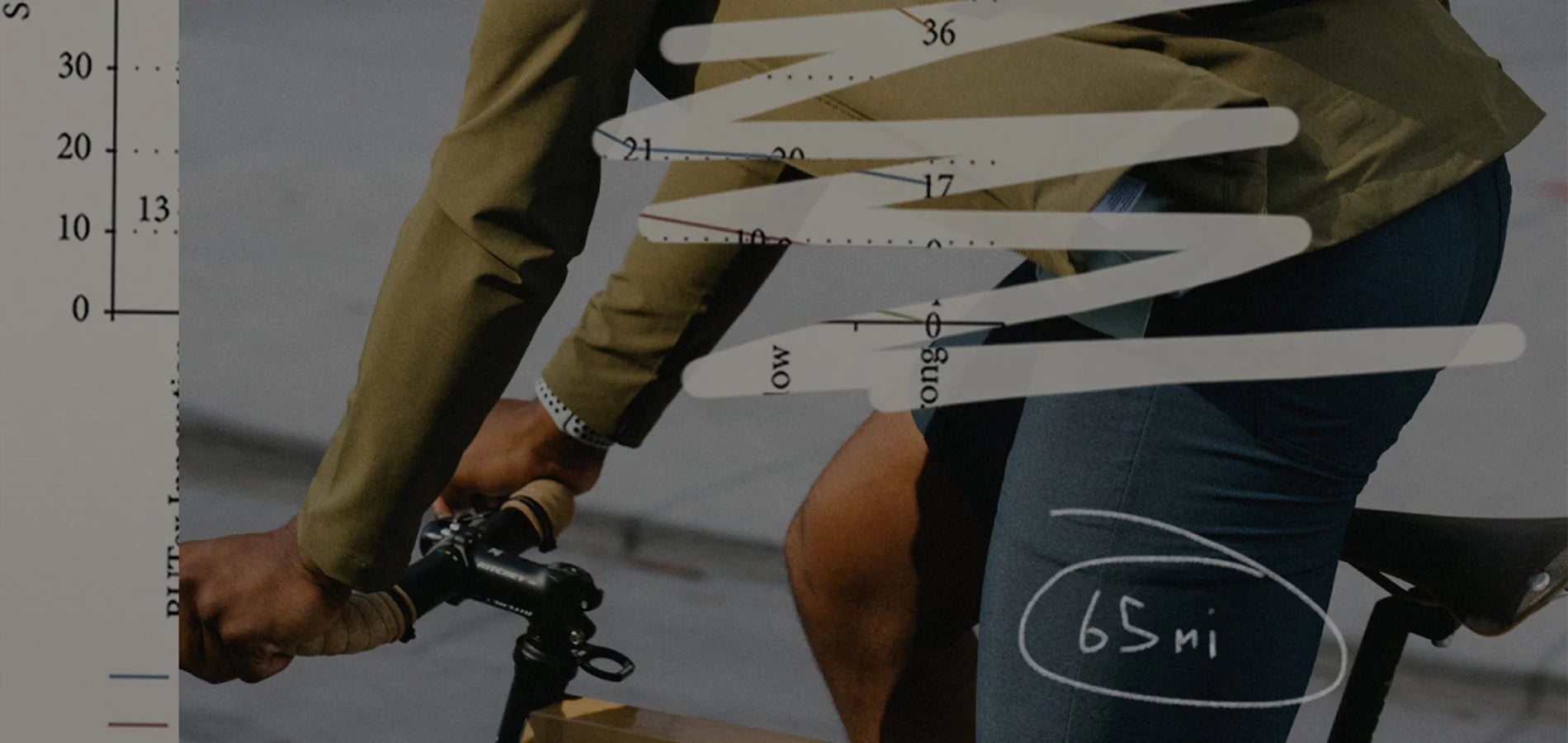
Men's Quest Shorts
$60.00
$24.00
0 items
$99.00 away from FREE Shipping
Hooded fleece jersey with grid channels to promote sweat transfer and increased stretch
Cooler months can put an lot of demand on your gear closet, so the Summit Thermal Jersey is designed with versatility in mind. Wear it as an warm-yet-breathable outer-layer during fall and spring rides and use it as your insulating mid-layer when the mercury plummets during the winter. The technical fleece is constructed with an grid fabric that allows it to quickly transfer moisture while retaining heat to keep you focused on the ride, not the thermometer. The Summit Thermal Jersey features two zippered hand pockets, an zippered chest pocket, and an hood that's slim enough to fit under an helmet for really chilly rides.
Main Body: 95% recycled polyester, 5% spandex Pocket Bag: 54% recycled polyester, 35% polyester, 11% elastane Other: 89% recycled polyester, 11% elastane
USE SIMPLE DETERGENTS WITH NO ADDITIVES Never use detergents with fabric softeners, perfumes or any additive type product. The general rule of thumb is the simpler the better. Many detergents with additives leave "surfactants" behind on a fabric's fibers that inhibit the technical performance. Typically the best detergents to use will have "Clear" or "Free" in their names. Don't pour the detergent directly onto the clothing, put it in the washer first, when you start the water. If something is not functionally working, but is not dirty, try rinsing it twice in warm to hot water. This will help get rid of the harmful surfactants. READ THE CONTENT CARE LABEL: On the inside of your garment, or on the hangcard, there are instructions for the care of that individual piece. On garments this will be on a side seam or back seam label. Follow those directions. On finer fabrics, use a "Gentle" cycle. Close all zippers, attach "hook and loop" closures on gloves YOU CAN USE THE DRYER, CAREFULLY: If you use a dryer be sure to use a lower / warm heat setting (Do NOT use a commercial dryer or a "Hot" setting). This will often restore the fabric and help the water and wind repellent qualities. If in doubt, hang the clothing to dry.
Pedal to Zero

Pedal to Zero
We calculated the Pedal to Zero number using the EPA’s estimate that a typical passenger car produces 404 grams of CO2 per mile. For example, our Rove Short creates the equivalent of 9.8kg of CO2*. Therefore, if you ride 24 miles instead of driving, you’ve zeroed out the emissions impact of the Rove Short. This knowledge can inspire us to change our behavior. *This information was calculated by PEARL iZUMi using the Higg Product Module 2.0 at Higg.org. It includes cradle-to-gate impacts only.